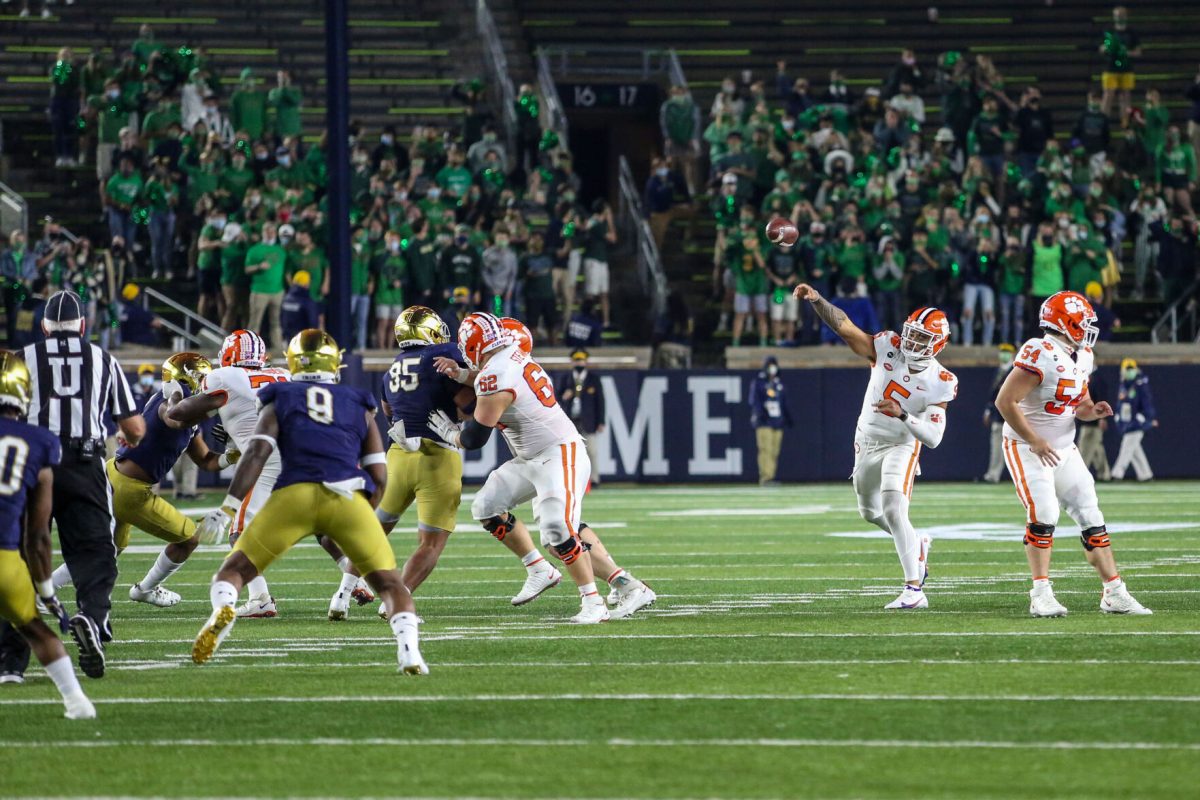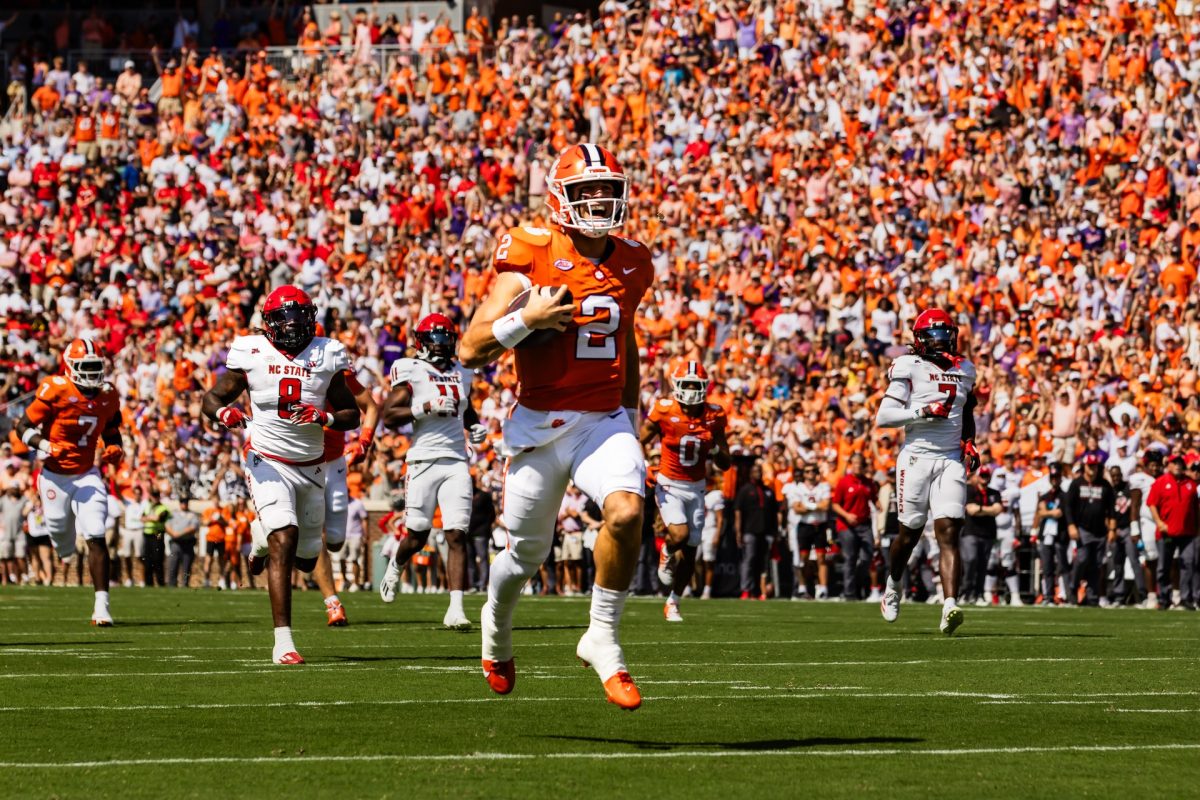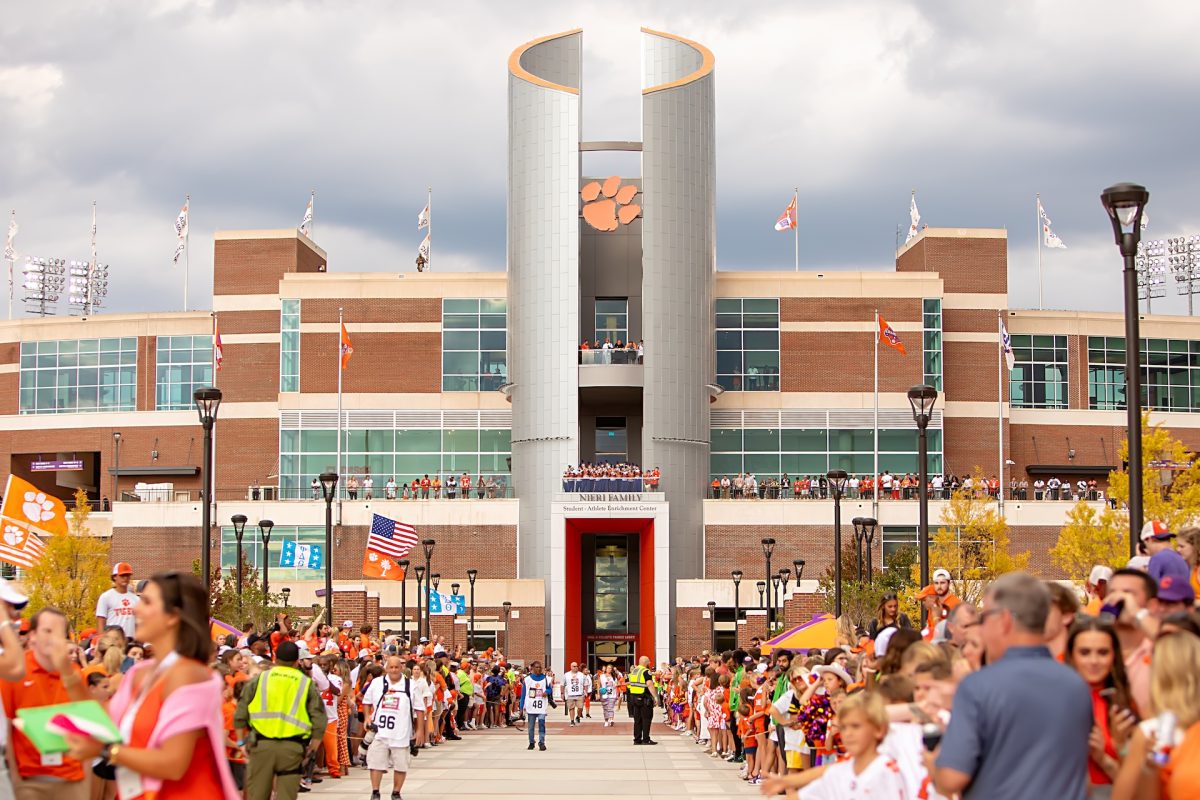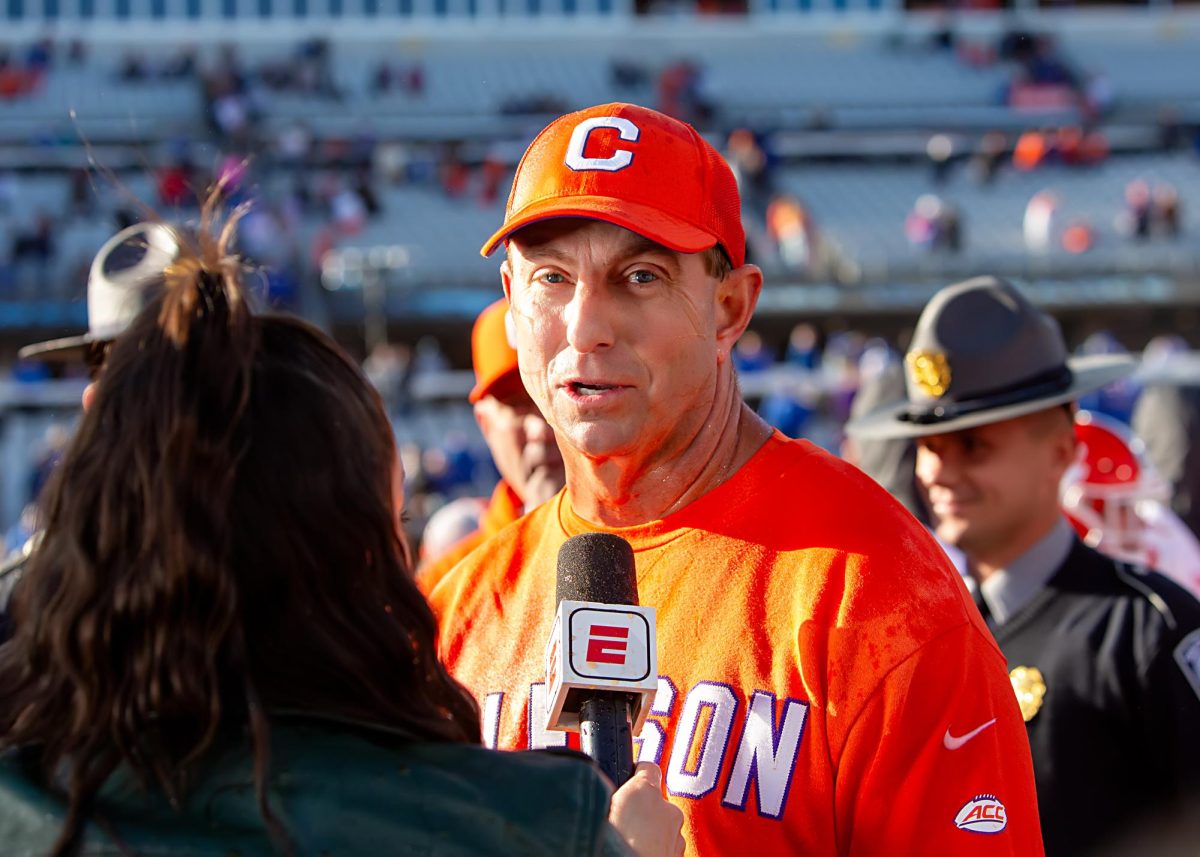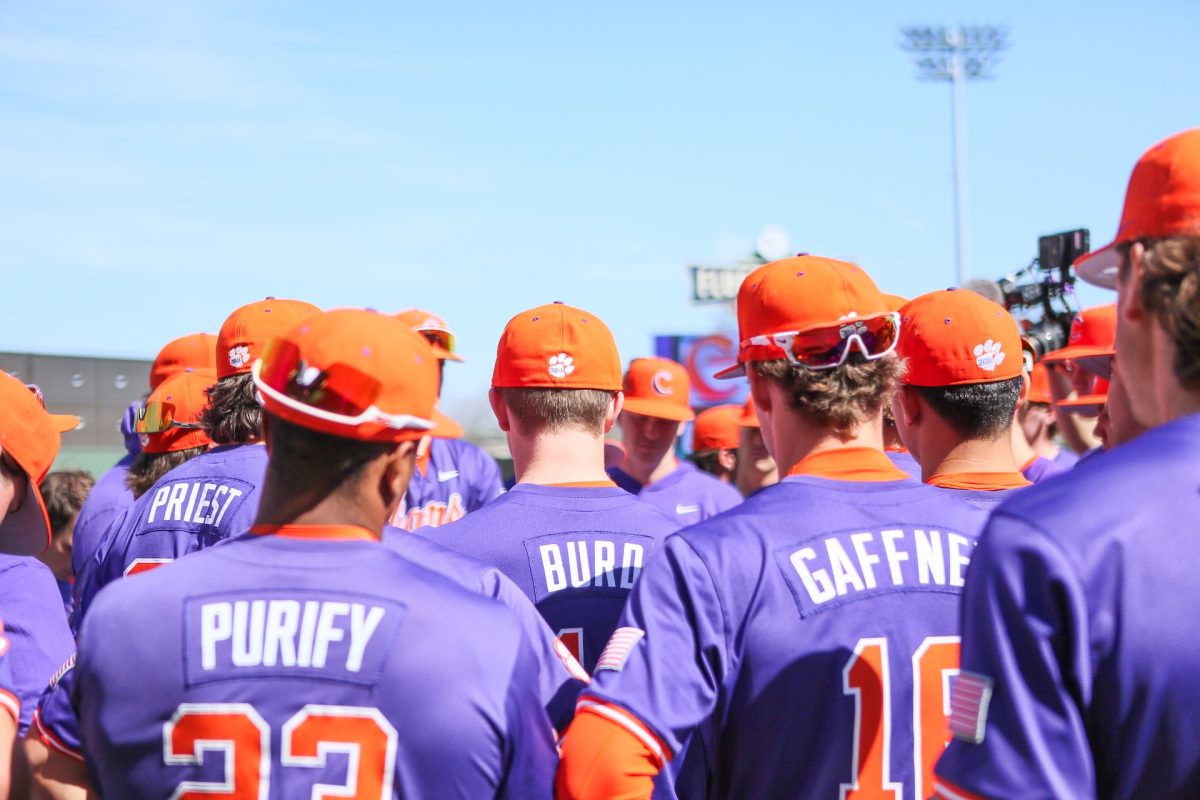Name, image and likeness. These three qualities of an athlete’s public persona are now profitable for college athletes from corporations outside their universities thanks to the NIL rule change that went into effect on July 1, 2021. For Clemson, this could bring in massive exposure to athletes and on campus sports in general.
The NCAA rule originally stated that a player could not be monetized in any way outside their collegiate team, or it would give away their athletic eligibility. To many, this was seen as unfair given the fact that coaches of collegiate sports and many college sports programs as a whole partner with massive corporations. This includes Clemson’s very own head football coach Dabo Swinney, who has been partnered with Coca-Cola for several years.
Yet, ever since July 1, college athletes across the country have taken advantage of their new opportunities. In just over two months after the NCAA let the rule go into effect, Clemson quarterback DJ Uiagalelei has partnered with Bojangles, Dr. Pepper, and Candy Digital. Uiagalelei stated in an interview with ESPN, “if I was playing college football five years ago, I wouldn’t be able to do this.” He also acknowledged that this allows for many athletes in all sports to have brand exposure.
With Clemson’s notorious championship and conference winning history, many athletes such as those in our women’s softball and men’s soccer programs have been offered partnerships with large corporations. By being a part of the face of a renowned college athletic program, many players are eager to join in on the profits. Partnerships are also beneficial for brands, as there are more opportunities for various athletic companies to gain popularity among the player’s’ followers.
As for Clemson, many sports, despite their achievements on the national level, tend to go unnoticed on campus and in the media. By having companies willing to partner with various types of athletes, this can help promote popularity among other Clemson sports once audiences see a new face with a big brand and gain interest. As a result, more public awareness can be raised for the sport the athletes and their programs.
The only downside is that athletes cannot represent their university logos or names in any partnership. Colors may be worn to indicate their allegiance, but specificities are not allowed.
Many call this NIL rule change the biggest in the NCAA’s history, as it benefits athletes, like the ones we have at Clemson, to have the ability to take advantage of new opportunities that help their overall being. Athletic prowess is just one part of an athlete, but now their name, image and likeness is an equal factor in their college careers.


